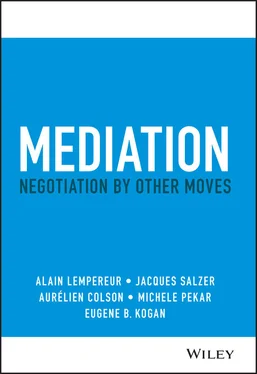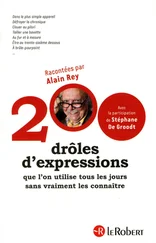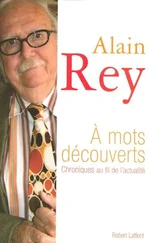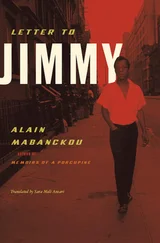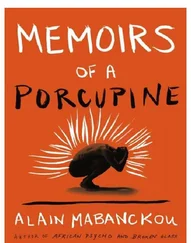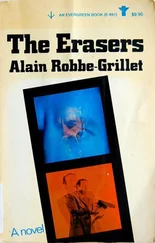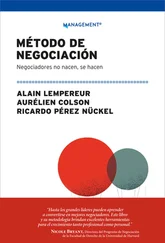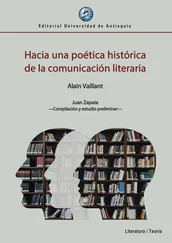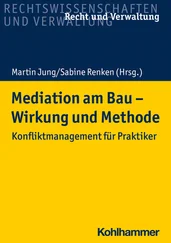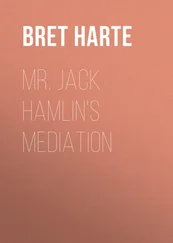247 232
248 233
249 234
250 235
251 236
252 237
253 238
254 239
255 240
256 241
257 242
258 243
259 244
260 245
261 246
262 247
263 248
264 249
265 250
266 251
267 252
268 253
269 254
270 255
271 256
272 257
273 258
274 259
275 260
276 261
277 262
278 263
279 264
280 265
281 266
282 267
283 268
284 269
285 270
286 271
287 272
288 273
289 274
290 275
291 276
292 277
293 278
294 279
295 280
296 281
297 282
298 283
299 284
300 285
301 286
302 287
303 288
304 289
305 290
306 291
307 292
308 293
309 294
310 295
311 296
312 297
313 298
314 299
315 300
316 301
317 303
318 304
319 305
320 306
321 307
322 308
323 309
324 310
325 311
326 312
327 313
328 314
329 315
330 317
331 318
332 319
333 320
334 321
335 322
336 323
337 324
338 325
339 326
340 327
341 328
342 329
343 330
344 331
345 332
346 333
347 334
348 335
349 336
350 337
351 338
352 339
353 340
We thank all the women and men who have contributed to the theory and practice of mediation all over the world: mentors, colleagues, friends, researchers, and thousands of mediators and participants in seminars who influenced the content of this book.
We are indebted to our mentors and the pioneers: Graham Allison, Michel Barnier, Béatrice Blohorn‐Brenneur, Jean‐Pierre Bonafe‐Schmitt, Jeanne Brett, Guy Canivet, Hervé Cassan, Pierre Drai, Jacques Faget, Roger Fisher, Thomas Fiutak, Steve Goldberg, AJR Groom, Michèle Guillaume‐Hofnung, Serge Guinchard, Charles Jarrosson, Hans Kelman, Etienne Le Roy, Jean‐Claude Magendie, Peter Maurer, Michel Meyer, Bob Mnookin, Christopher Moore, Jacqueline Morineau, Mirko Nikolic, Bruno Oppetit, Gérard Pluyette, Simone Rozes, Frank Sander, Jim Sebenius, Jean‐François Six, Alan and Ari Slifka, Howard Stevenson, Larry Susskind, Sid Topol, Hubert Touzard, Bill Ury, Keith Webb, Andy Williams, Howard Wolpe, and Yvan Zakine.
This book would not have seen the light of day but for our colleagues and friends: the members of the Harvard Program on Negotiation, IRENE at ESSEC, the Kellogg Dispute Resolution Research Center, the Oxford Programme on Negotiation, including Liliane de Andrade, Myriam Bacqué, Stephen Bensimon, Christian Blanc, Linda Benraïs, Jean‐Michel Blanquer, Bob Bordone, Claude Bruderlein, Nicholas Burns, Tessa Byer, Paola Cecchi‐Dimeglio, Erica Chenoweth, Alain Christnacht, Christopher Cooper, Tim Cullen, Jared Curhan, Jocelyn Dahan, Owen Darbishire, Florrie Darwin, Pierre Debaty, Laurence de Carlo, Jacques Dercourt, Bruno Dupré, Martin Euwema, Luc Fauconnet, Lorraine Fillion, Pamina Firchow, Paul Fisher, Mari Fitzduff, Lior Frankiensztajn, Gary Friedman, Bruno‐André Giraudon, Don Greenstein, Jean‐Édouard Grésy, Jérôme Grimaud, Eric Guérin, Susan Hackley, Sheila Heen, Sophie Henry, Antje Herberg, Jocelyne Hervé, Jack Himmelstein, David Hoffman, Sergio Jaramillo Caro, Isabella Jean, Alan Jenkins, Ted Johnson, Sandra Jones, Peter Kamminga, Michel Noureddine Kassa, James Kerwin, Ihab Khatib, Marc Kiredjian, Anne Landois, Enrico Letta, Justin Lêvecque, Maria Madison, Joseph Maïla, Patricia Malbosc, Francesco Marchi, Liz McClintock, Gerry McHugh, Oliver McTernan, Philip Milburn, Jordan Morgan, Nicolas Mottis, Anaide Nahikian, Kalypso Nicolaïdis, Eugene Nindorera, Fabien Nsengimana, Charlotte Pailleux, Ricardo Perez Nuckel, Gabrielle Planes, Bill Rapp, Jim Reiman, Herve Remaud, Tina Robiolle, Monique Sassier, Veronique Schneider, Dan Shapiro, Linda Singer, Marianne Souquet, Guhan Subramanian, Arnaud Stimec, Christian Thuderoz, Joëlle Timmermans‐Delwart, Emmanuel Tronc, Michael VanRooyen, David Weil, and Andreas Wenger.
We thank Fiona P. Noonan for her contribution to the translation and to our researchers and assistants: Julianna Brill, Lara Cazemajou, Jacee Cox, Katherine DeCourcy, Michael Dumont, Autumn Galindo, Sarah LaMorey, Cécile Seguineaud, and Elise Willer.
Finally, we thank our colleagues, participants, and mediators in various institutions: Brandeis University, College of Europe, ENA, Ecole Polytechnique, Essec Business School, European Commission, European Institute of Peace, European Peacebuilding Liaison Office, European University Institute, United States Institute of Peace, Alliance for Peacebuilding, International Association for Conflict Management, Harvard University, Sciences Po‐Paris, French Ministry of Foreign Affairs, Saïd Business School – Oxford University, UNITAR, various universities, and mediation associations.
INTRODUCTION: Why Do We Need Mediation Methods?
Mediation includes four key concepts that will form the basis of this book: conflict , authority , the other , and methods . Let us explore these terms and how they interconnect with the purpose of this book.
Conflict is an inevitable dimension of life. First, we all experience inner conflicts between antagonistic aspirations of different parts of our identity. Second, when we bring together groups of individuals, tensions may arise for many reasons: clashes of values and norms, resource allocation, definition or interpretation of rules, reward and sanction mechanisms, etc. Many causes trigger a conflict, which can deepen over time.
On the positive side, conflict is creative ; it helps reveal how obsolete or unfair certain social arrangements might be. It expresses frustration in the face of perceived or experienced injustice, prolonged oppression, and denial of identity. Conflict provokes new questioning, shakes up established routines, inefficient returns, and can spur innovation. American civil rights activist Septima Poinsette Clark (1898–1987) has remarked: “I have great belief in the fact that whenever there is chaos, it creates wonderful thinking. I consider chaos a gift.” Conflict is the engine at the heart of “creative destruction” theorized by economist Joseph Schumpeter (1942). This is the bright side of conflict.
But, on the other hand, conflict is also destructive . Waged among groups – countries, organizations, businesses – and individuals, conflict endangers solidarity, cooperation, and mutual exchange; and thrives on selfishness, competition, and self‐righteousness. Conflict often generates aggression and inflicts suffering. It has a built‐in escalation dynamic – whoever is blamed first is provoked to retaliate, feeding a new assault of greater intensity that causes an even more massive counterattack, and so forth. Each side often looks to dominate and crush the other, while imposing their solution. As damages and victims accumulate, relationships shatter, identities are denied, time is lost, and resources are squandered. Conflict takes a deep emotional toll (e.g. sadness, anger, suffering) and inflicts significant material damages (e.g. wasted resources, property destruction). In the sphere of armed conflict, an even more detrimental result of conflict is the violation of human integrity and dignity (e.g. injuries, rape, death, massacre, and genocide).
This ambivalent reality of conflict – a powerful engine of change, but also an agent of destruction – creates concerns that all human societies address: how to manage conflicts? How to prevent them, mitigate them, resolve them, and even transform them? And who should intervene? This brings us to our next point.
Читать дальше
